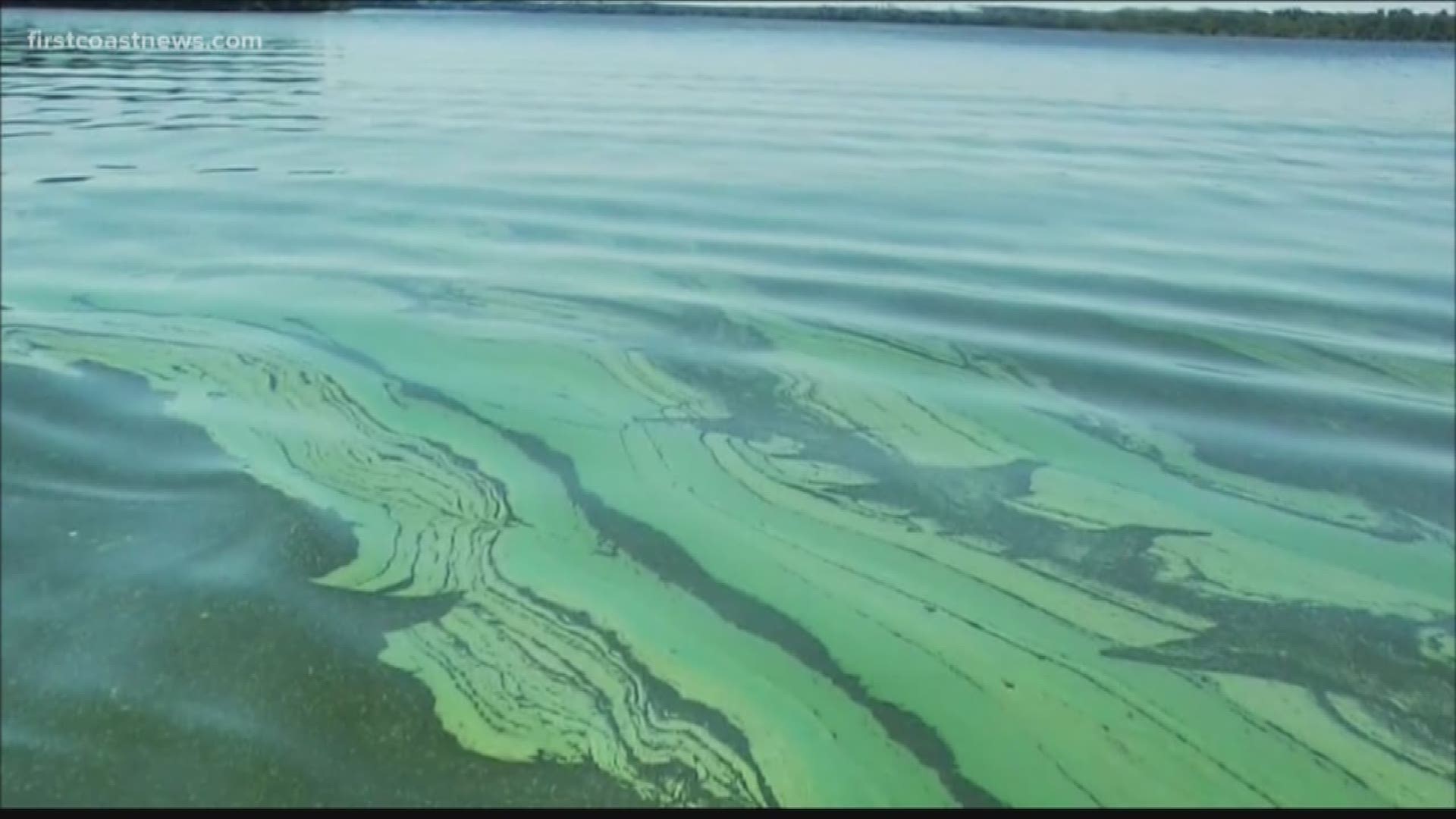JACKSONVILLE, Florida — The St. Johns Riverkeeper organization is leading the local charge against sewage sludge in the river. Sewage sludge is a human waste byproduct that is treated, processed and given the state's OK to spread on farmland.
The St. Johns Riverkeeper's concern is not necessarily with the product itself, but "It's really about the amount and quantity that's being applied to the land and also how much our land is able to absorb from these different applications."
When it rains, nutrients from that sewage sludge runoff into nearby waterways, such as the St. Johns River. The St. Johns Riverkeeper says that's a big reason the St. Johns River saw an early and strong blue-green algae outbreak this year, especially in Putnam and St. Johns counties.
"We have high levels of nutrients in our river which are fueling these outbreaks," St. Johns Riverkeeper Lisa Rinaman said in May. "These outbreaks can be very dangerous."
The St. Johns Riverkeeper has created a petition on Change.org with hopes to "bring attention to the fact that sewage sludge has been banned in other parts of Florida," Blankinship said.
In the Lake Okeechobee watershed, scientists and residents rallied and argued sewage sludge was harmful in large quantities. Those efforts eventually put a stop to spreading the biosolid on farmland in that area of South Florida.
However, the St. Johns Riverkeeper staff and scientists say that move led to more sludge being spread in neighboring counties, right where the St. Johns River watershed and headwaters are.
"The petition is trying to ask for the same protection that South Florida has for the St. Johns River watershed until we can come up with a holistic solution for what to do with our waste," Blankinship said.
The St. Johns Riverkeeper organization is not just creating a petition, it is also meeting with the state's newly created Blue-Green Algae Task Force.
"The task force will be critical to developing solutions that will help protect all of Florida's waterways," Blankinship said.
She says, the St. Johns River is feeling the toxic impacts of unfair sewage sludge spreading.
"It's important that no solution prioritizes one part of the state and then neglect another part of the state," Blankinship said.

